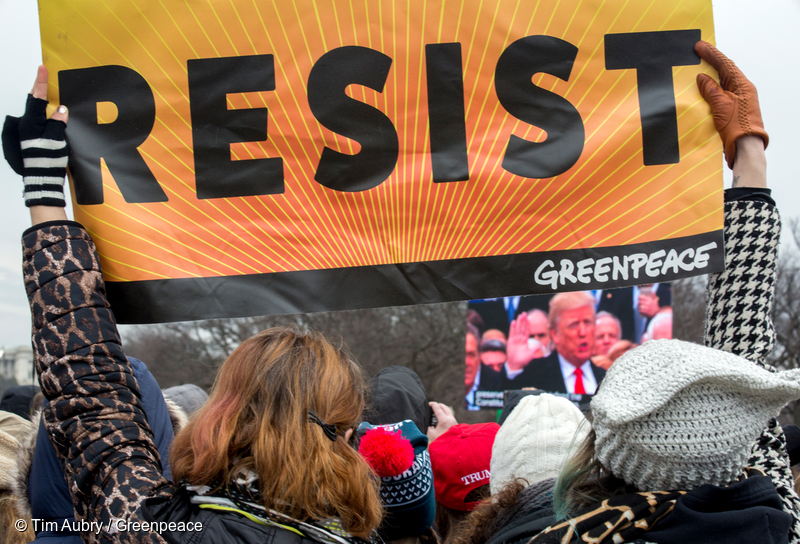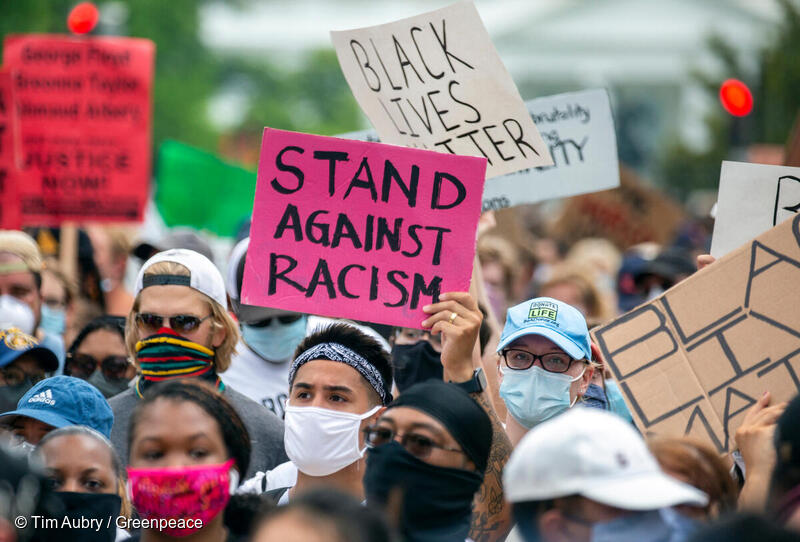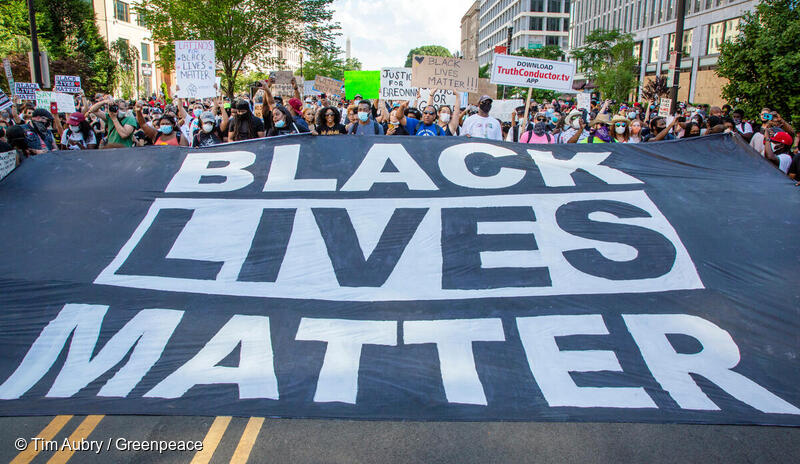There are moments in history when we are called to pause, to reflect, and to ask ourselves: What does it mean to resist? What does it mean to rise? Maya Angelou’s poem Still I Rise has long been a source of inspiration for those of us who refuse to be broken by oppression. It is more than just a poem—it is a declaration, a shield, and a call to keep moving forward.
Lately, I’ve found myself returning to Angelou’s words as a way to reclaim and reconnect with my reasons to rise and resist. As an uninvited settler, immigrant, Latina, and Black woman, I am only here because I have resisted the narratives that tell me I am not good enough—that I am taking advantage of the system or that I am to blame for the housing crisis and the strain on public services. In the face of growing political and social hostility toward people like me—immigrants, Black people, women—Angelou’s words serve as an even more powerful reminder of the unyielding force that comes with embracing who I am.
This growing hostility is not just personal—it’s part of a larger trend. We see governments restricting rights, corporations deepening inequality, and fascist ideologies creeping into the mainstream. The backlash against progress, from attacks on racial justice movements to the criminalization of protest, feels relentless. And yet, even in the face of such overwhelming resistance, Angelou’s refrain, “But still, like dust, I’ll rise,” reminds me that resistance is inevitable—and that, like her words, we will continue to rise, no matter the force pushing against us.

Angelou’s poem speaks directly to the historical and ongoing injustices faced by Black people. The repetition of “I rise” is more than just poetic—it is an insistence, a refusal to be erased. She acknowledges the pain of history but refuses to be defined by it. Instead, she asserts power, joy, and defiance in the face of those who have tried to break her spirit.
When she declares, “I’m a black ocean, leaping and wide,” it immediately strikes me as a symbol of boundless strength. The ocean is vast, unpredictable, and capable of immense force. In this context, it embodies the depth of Black identity—rooted in generations of history, struggle, and triumph. Like the ocean, Black people have been forced to navigate oppressive tides, yet we continue to rise, unbroken. Our identity is ever-expanding, ever-adapting, and never confined by the narrow definitions imposed upon us to oppress us.
Oppression thrives on exhaustion. It seeks to wear us down, to make us believe our voices don’t matter, that the fight for justice is unwinnable.

But history tells a different story. Resistance isn’t just found in grand moments of revolution; it lives in daily acts of courage, in communities that refuse to be erased, and in the unwavering determination to define our own futures. Together, these forms of resistance create a collective power that refuses to be extinguished,despite the ruling class’s systemic and continuous efforts to weaponize and reject our demands for justice.
This is precisely why, in Canada, we are seeing political leaders like Pierre Poilievre weaponize the term “woke,” using it as a tool to dismiss calls for justice, equity, and truth. But what is “wokeness,” if not the awareness of injustice? What does it mean when an entire political agenda is built around rejecting it?
Canada often prides itself on being a beacon of multiculturalism and tolerance, but let’s be honest—contrary to what Poilievre and his far-right allies may claim, racism was not imported into Canada—it was embedded in its very foundation. It didn’t arise from Indigenous nations, nor did it emerge naturally within the diverse communities that call this land home. It was brought here by colonialism, through policies of enslavement, anti-Black and anti-Indigenous laws, and an education system that continues to erase the truth. Racism wasn’t an accidental byproduct of Canada’s creation; it was central to it. The nation was built on the exploitation, violence, and dehumanization of Black and Indigenous people, whose bodies, labor, and lives were foundational to its existence. Canada has never been innocent. Resistance has always been necessary.
We see this resistance today in the streets, in the calls for liberation, freedom, and self-determination—from Gaza, to Turtle Island, from the heart of Africa to the mountains of South America. We see it in Black joy, in Indigenous resurgence, in trans liberation, in the fight for workers’ rights, in the demand for immigrant rights and dignity, and in the ongoing battle for reproductive justice.

Every act of love and solidarity, every insistence that another world is possible, is resistance.
From the Underground Railroad to the activism of Viola Desmond, from Indigenous land defenders to present-day movements for racial justice, resistance in Canada has always been met with backlash. But as Angelou reminds us, oppression has never been the final word. “You may write me down in history with your bitter, twisted lies,” she writes, speaking directly to the distortions that seek to erase truth. But she does not end there. She reminds us that no matter how many times systems of power try to bury us, we rise.
And so we must. Again and again. Because our resistance, our joy, and our dreams of liberation—these are unstoppable.
Still, we rise.
So today, I ask you: What is your reason to rise? What small act of resistance will you commit to in disrupting the systems of power that seek to silence us? Perhaps it’s speaking out against injustice when you witness it, educating yourself and others about history, supporting marginalized communities, or creating spaces for healing and joy in the face of adversity. Maybe it’s advocating for environmental justice, standing with Indigenous communities who are defending their land against exploitation, or pushing for policies that protect our planet and ensure a sustainable future for generations to come. For in rising, we carry with us not only the dreams of those who came before but the promise of a better future for those who will come after.
Share your thoughts in the comments below!
